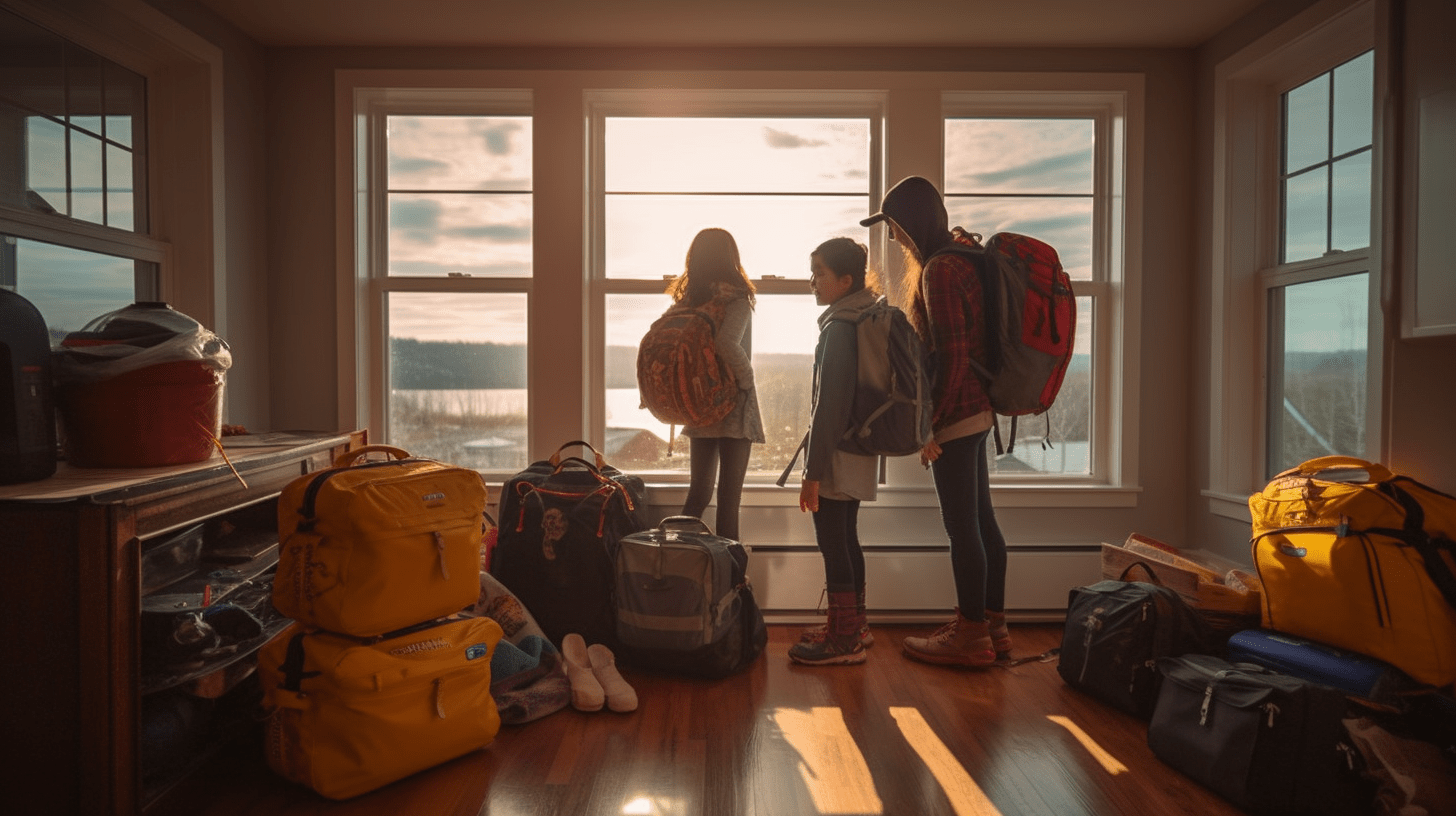Hurricane Planning for the Elderly
When creating a plan consider the needs of each family member.
Family Planning for Hurricane Season
Addressing Specific Needs
Preparing for a hurricane is a vital endeavor, but it’s essential to recognize that individuals and families have unique needs. Tailoring your hurricane preparedness plan to your specific situation can make a significant difference in your safety and comfort during a storm. In the following sections, we’ll explore different hurricane preparedness strategies.
We’ll begin by considering the distinctive requirements of single males. It’s important to note that the way a single man prepares may differ significantly from the preparations of single females or families with children. In general as a single male over 18 you may have more physical height, strength and endurance than a female or minor child although there are some exceptions there may be times that you will need to physically assist someone else during the storm. Although there are many times that females have shown strength, courage and bravery in the face of danger. So this section does not reflect all individuals or situations.
Let’s delve into the specific needs and strategies for people to remain safe this hurricane season.

Family Safety Plan
Include a plan for you and your family just in case of emergency.
Personal
There will be different personal needs based on the following:
- Single Males
- Single Females
- Family with Children
- Family without Children
- Family with Elderly
- Individuals with Special Needs
Family
If you live with your family in a household without kids creating a plan will be different from is you are a family with minor children.
Animals/ Pets
Many people have pets that are consideredn family. The biggest concern with with cats and dogs. But there are people out there that have horses, cows, pigs, and even birds.
Meeting the Needs of Each Family Member
When preparing for a hurricane, it’s crucial to consider the unique needs of each family member to ensure their safety and well-being. A one-size-fits-all approach may not be sufficient, as individuals may have varying requirements based on their age, health conditions, or specific circumstances.
For instance, infants and young children may require additional supplies such as formula, diapers, and age-appropriate foods. Elderly family members or those with mobility issues might need specialized medical equipment, extra medication, or assistance with evacuation plans. Individuals with chronic illnesses or disabilities may have specific dietary restrictions or require uninterrupted access to medical treatments.
Furthermore, addressing emotional and psychological needs is equally important. Children may require reassurance and age-appropriate explanations to help them cope with the stress of a hurricane. Elderly family members or those with cognitive impairments may need additional support and familiar routines to maintain a sense of comfort and security during the disruption.
By taking the time to understand and accommodate the unique needs of each family member, you can create a more comprehensive and effective hurricane preparedness plan. This approach not only enhances physical safety but also promotes emotional well-being, reducing the overall stress and anxiety associated with these potentially traumatic events.
Involving all family members in the planning process and actively listening to their concerns can further strengthen your preparedness efforts, fostering a sense of inclusivity and empowerment for everyone involved.
